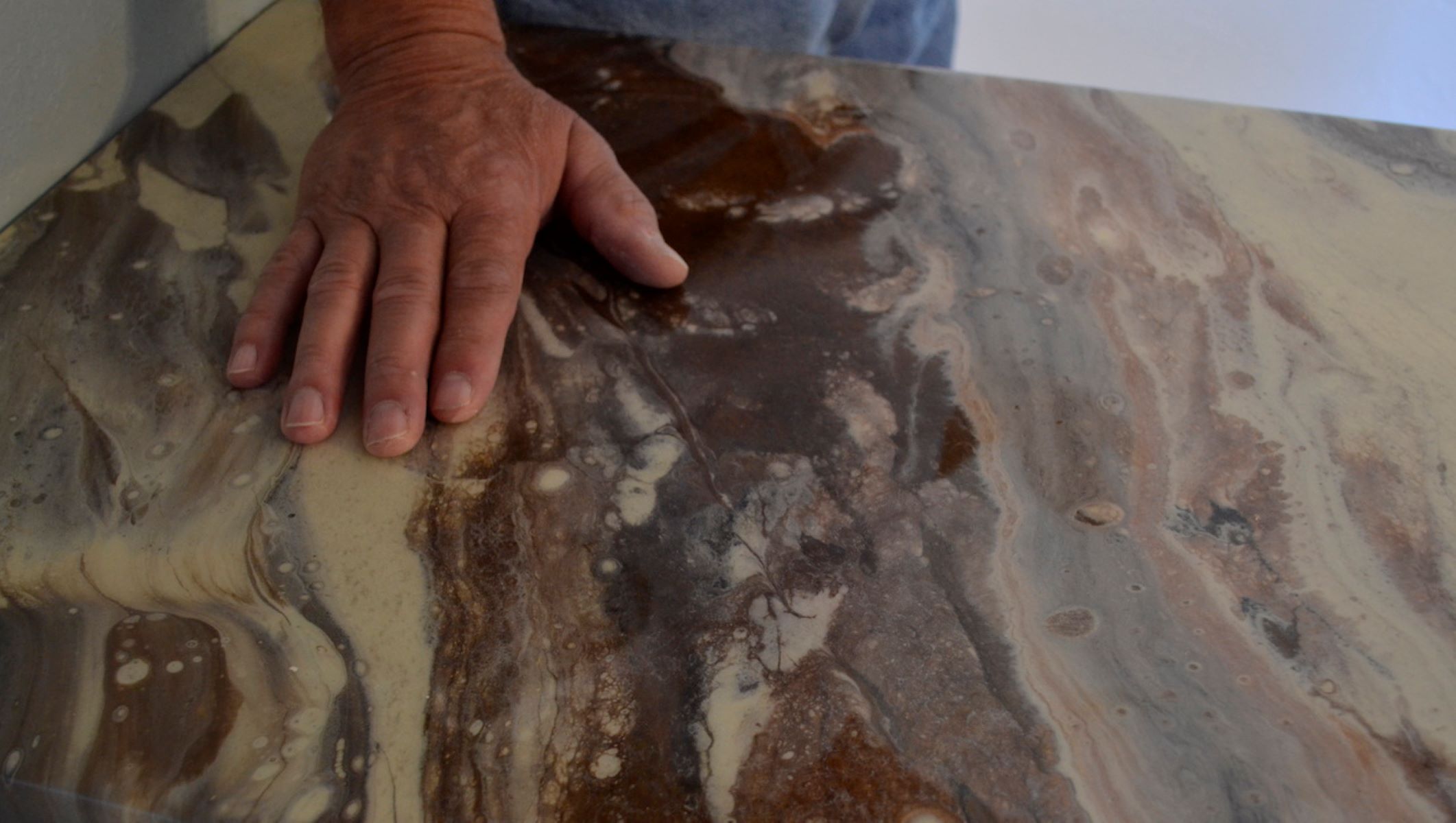

Articles
What To Clean Epoxy Countertops With
Modified: August 17, 2024
Looking for articles on what to clean epoxy countertops with? Discover effective cleaning solutions and tips to maintain the beauty and longevity of your epoxy countertops.
(Many of the links in this article redirect to a specific reviewed product. Your purchase of these products through affiliate links helps to generate commission for Storables.com, at no extra cost. Learn more)
Introduction
Epoxy countertops have gained popularity in recent years due to their durability, versatility, and stunning visual appeal. Whether you have epoxy countertops in your kitchen, bathroom, or commercial space, it is important to understand how to properly clean and maintain them to ensure their longevity and beauty.
When it comes to cleaning epoxy countertops, it’s crucial to use the right products and techniques to avoid damaging the surface or compromising its shine. In this article, we will guide you through the process of cleaning epoxy countertops effectively, ensuring that they remain in top condition for years to come.
Key Takeaways:
- Proper cleaning and maintenance are essential for preserving the beauty and functionality of epoxy countertops. Using gentle cleaning methods and recommended products can help prevent stains, maintain shine, and extend the life of your countertops.
- Regular cleaning with mild dish soap, vinegar solutions, and other gentle methods can effectively remove dirt, grease, and stains from epoxy countertops. Additionally, following maintenance tips such as using cutting boards and trivets can help protect the surface and ensure long-lasting beauty.
Read more: What Is The Best Epoxy For Countertops
Understanding Epoxy Countertops
Epoxy countertops are a type of surface made from a combination of epoxy resin and a hardening agent. The result is a durable, glossy, and heat-resistant countertop surface that can mimic the look of natural stone or other materials. Epoxy countertops are popular in both residential and commercial settings due to their unique aesthetic appeal and longevity.
One of the main advantages of epoxy countertops is their versatility. They can be customized with different colors, patterns, and textures, allowing you to create a unique look that complements your space. Additionally, epoxy countertops are non-porous, making them resistant to stains and bacteria, which is especially important in areas like kitchens and bathrooms.
It’s important to note that despite their durability, epoxy countertops are not indestructible. While they are resistant to heat, scratches, and stains, it is still crucial to handle them with care to avoid any potential damage. This includes using gentle cleaning methods and avoiding harsh chemicals that can degrade the epoxy surface.
Now that we have a better understanding of epoxy countertops, let’s explore why proper cleaning is essential to maintain their beauty and functionality.
Importance of Proper Cleaning
Proper cleaning is vital for maintaining the appearance and longevity of your epoxy countertops. Regular cleaning helps remove dirt, grease, and stains, preventing them from building up and potentially causing permanent damage to the surface. It also ensures that your countertops retain their shine and vibrant color.
One of the primary reasons for using epoxy countertops is their resistance to stains and bacteria. However, this doesn’t mean they are entirely impervious. If spills or stains are left unattended for an extended period, they can seep into the epoxy, leaving behind unsightly marks.
By incorporating a regular cleaning routine, you can prevent these stains from setting and keep your countertops looking pristine. Additionally, proper cleaning also helps to remove any lingering odors that may have absorbed into the epoxy surface.
Another important reason for proper cleaning of epoxy countertops is to prevent the buildup of bacteria and germs. While epoxy countertops have inherent antimicrobial properties, regular cleaning with antibacterial products helps maintain a hygienic environment, especially in areas where food preparation takes place.
Over time, dirt, debris, and oils can accumulate on the surface of your epoxy countertops, compromising their shine and smoothness. By regularly cleaning and removing these substances, you can ensure that your countertops remain visually appealing and retain their original texture.
Ultimately, proper cleaning is crucial for preserving the beauty, durability, and functionality of your epoxy countertops. With the right cleaning products and techniques, you can enjoy the full benefits of your countertops for years to come.
Recommended Cleaning Products
When it comes to cleaning epoxy countertops, it’s important to use products that are safe and specifically formulated for this type of surface. Avoid harsh chemicals, abrasive cleaners, or anything that may cause damage or discoloration. Here are some recommended cleaning products for epoxy countertops:
- Mild Dish Soap: A gentle dish soap mixed with warm water is often sufficient for regular cleaning of epoxy countertops. It effectively removes dirt, grease, and general residue without causing any harm to the surface.
- Vinegar Solution: A mixture of equal parts water and white vinegar can be used as a natural cleaning solution for epoxy countertops. Vinegar helps to cut through grease and remove stains, leaving the surface looking clean and shiny. However, make sure to rinse it thoroughly afterward.
- Isopropyl Alcohol: Isopropyl alcohol is another effective cleaning agent for epoxy countertops. It helps remove tough stains and disinfect the surface. Use it in moderation and rinse thoroughly to prevent any residue buildup.
- Non-Abrasive All-Purpose Cleaner: Look for a non-abrasive, pH-neutral all-purpose cleaner that is safe for epoxy surfaces. These cleaners are specifically designed to clean various surfaces without causing damage or leaving behind residue.
- Mild Abrasive Cleaner (as a last resort): If there are stubborn stains or residue that cannot be removed with gentler methods, you can use a mild abrasive cleaner specifically formulated for epoxy countertops. However, exercise caution and follow the manufacturer’s instructions to prevent any damage to the surface.
Remember to always test any new cleaner on a small, inconspicuous area of your epoxy countertop before using it on the entire surface. This will ensure that the cleaner does not cause any adverse reactions or discoloration.
Furthermore, it is important to follow the manufacturer’s guidelines and recommendations for cleaning products, as they may have specific instructions for their particular epoxy countertop.
Now that we know the recommended cleaning products, let’s delve into the gentle cleaning methods that will help maintain the beauty of your epoxy countertops.
To clean epoxy countertops, use a mild dish soap and warm water. Avoid abrasive cleaners or scrubbing pads that can damage the epoxy surface. Dry the countertops thoroughly to prevent water spots.
Gentle Cleaning Methods
When it comes to cleaning epoxy countertops, it’s important to use gentle cleaning methods to avoid causing any damage or scratches. Here are some gentle cleaning methods to keep your countertops looking pristine:
- Start by wiping the surface with a damp microfiber cloth or sponge to remove any loose debris or crumbs. This will help prevent scratching the surface during the cleaning process.
- Mix a small amount of mild dish soap with warm water in a bucket or spray bottle. Dip a clean microfiber cloth or sponge into the soapy water and gently wipe down the entire surface of the epoxy countertop.
- Pay attention to any stains or spills and gently scrub them with a soft brush or non-abrasive sponge. Be sure not to scrub too vigorously, as this can damage the epoxy surface.
- Rinse the countertop thoroughly with clean water to remove any soap residue. Ensure that all traces of soap are removed to prevent any dulling or buildup on the surface.
- Dry the countertop with a soft, lint-free cloth to prevent water spots or streaks. Avoid using rough or abrasive materials that could scratch the surface.
- For added shine, you can polish the epoxy countertop with a microfiber cloth or use a dedicated epoxy countertop polish. Follow the manufacturer’s instructions and use gentle, circular motions to enhance the countertop’s luster.
Remember to always work gently and be patient when cleaning epoxy countertops. Avoid using excessive force or abrasive materials that can dull the finish or cause scratches. Regular cleaning using these gentle methods will help maintain the beauty and integrity of your epoxy countertops.
While gentle cleaning methods are effective for regular maintenance, there might be times when you encounter stubborn stains that require additional attention. In the next section, we will discuss how to remove such stubborn stains from your epoxy countertops.
Read more: How Durable Are Epoxy Countertops
Removing Stubborn Stains
Stubborn stains on epoxy countertops can be frustrating, but with the right approach and products, you can effectively remove them without causing damage to the surface. Here are some methods to tackle different types of stubborn stains:
- Grease or Oil Stains: If you have grease or oil stains on your epoxy countertop, start by blotting the area with a paper towel or cloth to absorb as much of the oil as possible. Then, create a paste by combining baking soda and water. Apply the paste to the stain and gently scrub in circular motions using a soft brush or sponge. Rinse thoroughly and repeat if necessary.
- Red Wine or Tomato Stains: For red wine or tomato stains, create a solution of hydrogen peroxide and water in equal parts. Apply the solution to the stain and let it sit for a few minutes. Gently scrub the area with a soft brush or sponge and rinse well. Repeat the process if the stain persists.
- Food or Beverage Stains: For general food or beverage stains, create a paste by combining baking soda and water. Apply the paste to the stain and let it sit for a few minutes. Gently scrub the area with a soft brush or sponge and rinse thoroughly.
- Ink or Marker Stains: Ink or marker stains can be challenging to remove. One method is to use a cotton ball soaked in isopropyl alcohol and gently dab the stained area. If the stain persists, try using a non-abrasive eraser or a mixture of baking soda and water to gently scrub the stain. Rinse thoroughly.
- Hard Water Stains: Hard water stains can leave behind mineral deposits that can be difficult to remove. One method is to create a solution of equal parts water and white vinegar. Apply the solution to the stain and let it sit for a few minutes. Gently scrub the area and rinse thoroughly.
Remember to always test any stain-removing method on a small, inconspicuous area of your epoxy countertop before applying it to the stained area. This will help ensure that the cleaning method does not cause any further damage or discoloration.
If you’re unsure about how to remove a specific stain or if the stain persists despite your efforts, it’s always recommended to consult with a professional or the manufacturer of your epoxy countertop for further guidance.
Now that we’ve covered stubborn stain removal, let’s move on to some maintenance tips that will help you keep your epoxy countertops looking their best.
Maintenance Tips for Epoxy Countertops
Proper maintenance is key to preserving the beauty and longevity of your epoxy countertops. By following these maintenance tips, you can keep your countertops in excellent condition for years to come:
- Wipe up spills immediately: Accidental spills happen, but it’s crucial to clean them up promptly to prevent staining or damage to your epoxy countertop. Use a clean cloth or paper towel to blot the spill and gently wipe the area clean.
- Avoid cutting directly on the surface: While epoxy countertops are durable, it’s best to avoid cutting or chopping directly on the surface. Use cutting boards or protective mats to prevent scratches or cuts.
- Use trivets or hot pads: Though epoxy countertops are heat-resistant, it’s still advisable to use trivets or hot pads when placing hot pots, pans, or dishes to prevent any potential damage from intense heat.
- Avoid using abrasive cleaners or tools: Harsh chemicals, scouring pads, or abrasive cleaners can dull or scratch the surface of your epoxy countertop. Stick to gentle cleaning methods and non-abrasive cleaning tools.
- Regularly clean and sanitize: Establish a regular cleaning routine to keep your epoxy countertops free from dirt, debris, and bacteria. Wipe down the surface with a mild soap solution and rinse thoroughly. Follow up with a dry, soft cloth to prevent water spots.
- Avoid using harsh chemicals: Stay away from harsh chemicals, such as bleach, ammonia, or acidic cleaners, as they can cause damage to the epoxy surface. Stick to the recommended cleaning products mentioned earlier in this article.
- Use cutting-edge protection: To prevent any accidental cuts or scratches when working with knives or other sharp objects, consider using cutting-edge protectors or mats. These products provide an extra layer of protection for your epoxy countertop.
- Regularly check for damages: Periodically inspect your epoxy countertop for any signs of damage, such as cracks, chips, or discoloration. If you notice any issues, contact a professional for repair or restoration to prevent further damage.
- Avoid placing heavy objects on unsupported areas: Epoxy countertops do have weight limits. Avoid placing heavy objects on unsupported areas, such as overhangs or unsupported corners. This will help prevent any potential structural damage.
By following these maintenance tips, you can ensure that your epoxy countertops remain in excellent condition and continue to enhance the beauty of your space.
With proper care and maintenance, your epoxy countertops will retain their shine, durability, and aesthetic appeal for years to come. Take the time to implement these tips into your cleaning routine and enjoy the lasting beauty of your epoxy countertops.
It’s important to note that specific maintenance recommendations may vary depending on the manufacturer or installer of your epoxy countertops. Always consult the care guidelines provided by the manufacturer for the best practices specific to your epoxy countertop.
Conclusion
Cleaning and maintaining epoxy countertops is essential for preserving their beauty, durability, and functionality. By following the proper cleaning methods and using recommended products, you can keep your countertops looking pristine for years to come.
Understanding the unique properties of epoxy countertops and their susceptibility to stains and damage is crucial for effective cleaning. Regular cleaning with gentle methods, such as using mild dish soap or vinegar solutions, helps remove dirt, grease, and stains without causing harm to the surface.
For stubborn stains, various approaches can be taken depending on the type of stain. Whether it is grease, red wine, food, ink, or hard water stains, using specific solutions or mixtures can help effectively remove them. It’s important to test any stain-removal method on a small area first to ensure it doesn’t cause any damage.
Maintaining epoxy countertops goes beyond cleaning. It involves practicing good habits, such as using cutting boards and trivets to protect the surface, avoiding abrasive cleaners and tools, and regularly inspecting for any damages or abnormalities.
By implementing these maintenance tips, you can extend the life of your epoxy countertops and keep them looking their best for years to come. Following the care guidelines provided by the manufacturer or installer is also essential to ensure you are taking the best approach for your specific epoxy countertop.
Remember, proper cleaning and maintenance not only keep the surfaces clean and hygienic but also preserve the shine and aesthetic appeal of your epoxy countertops. By investing a little time and effort into their care, you can enjoy the timeless elegance and functionality that epoxy countertops bring to your space.
So, make cleaning and maintaining your epoxy countertops a regular part of your routine. Take pride in the beauty of your countertops and enjoy their long-lasting performance for many years to come.
Frequently Asked Questions about What To Clean Epoxy Countertops With
Was this page helpful?
At Storables.com, we guarantee accurate and reliable information. Our content, validated by Expert Board Contributors, is crafted following stringent Editorial Policies. We're committed to providing you with well-researched, expert-backed insights for all your informational needs.
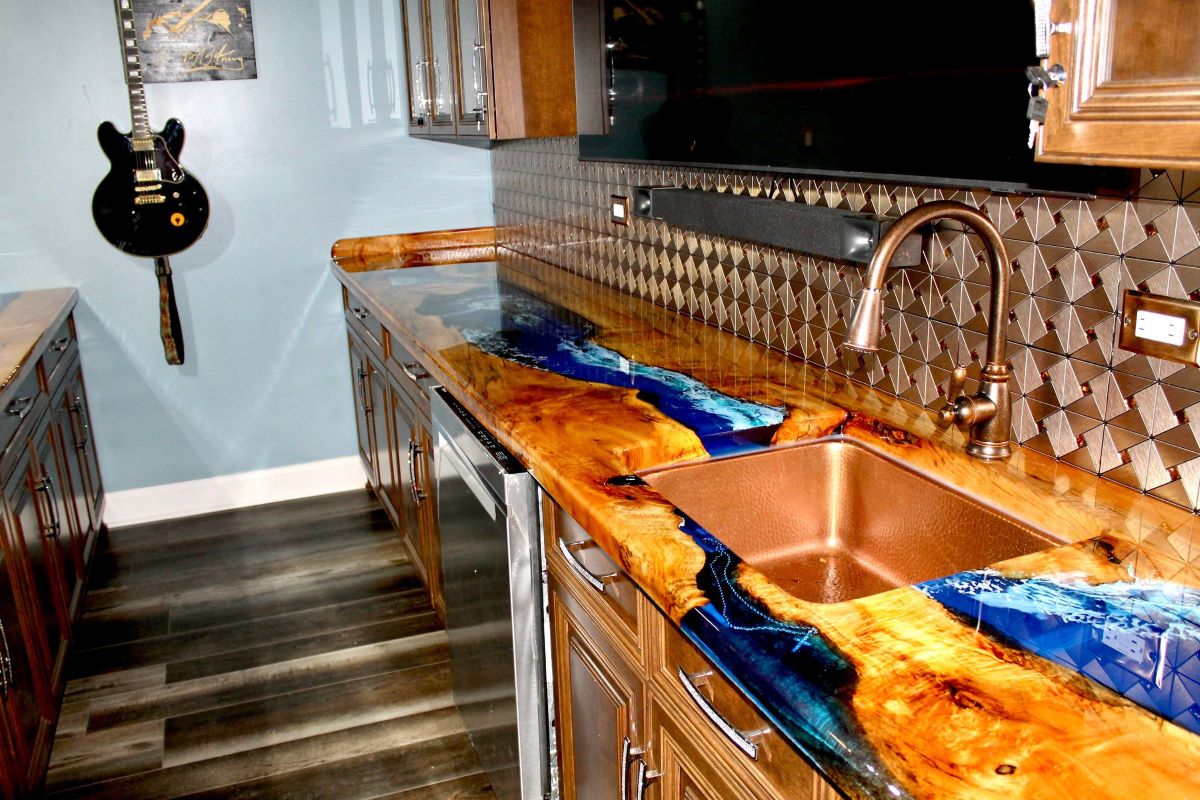
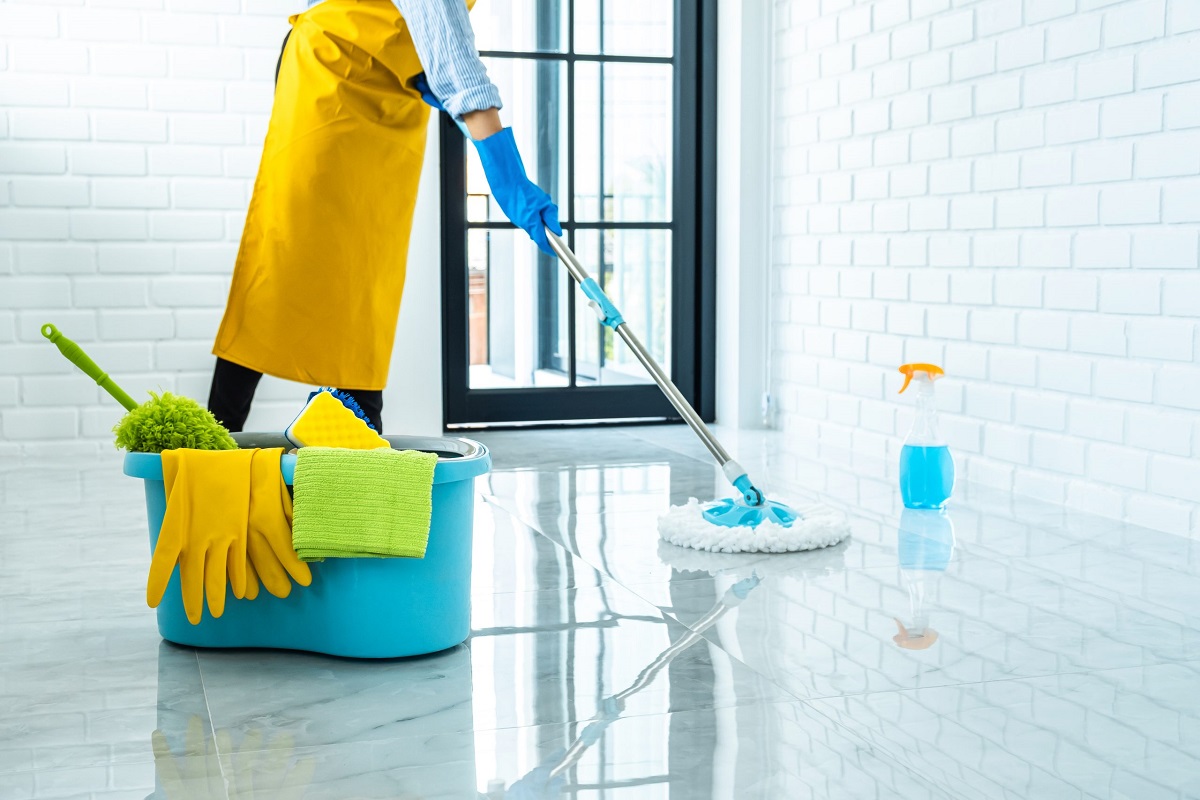
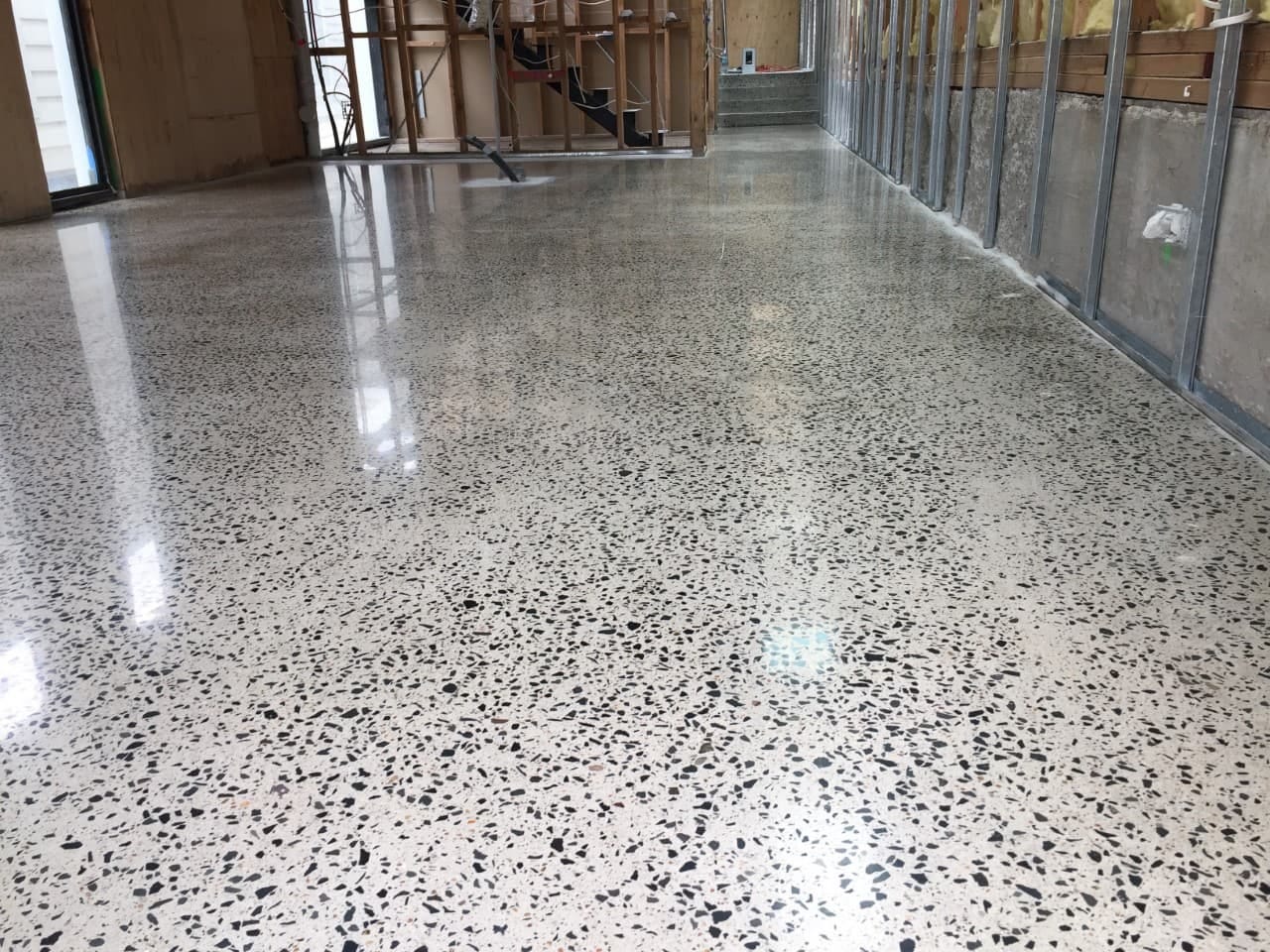
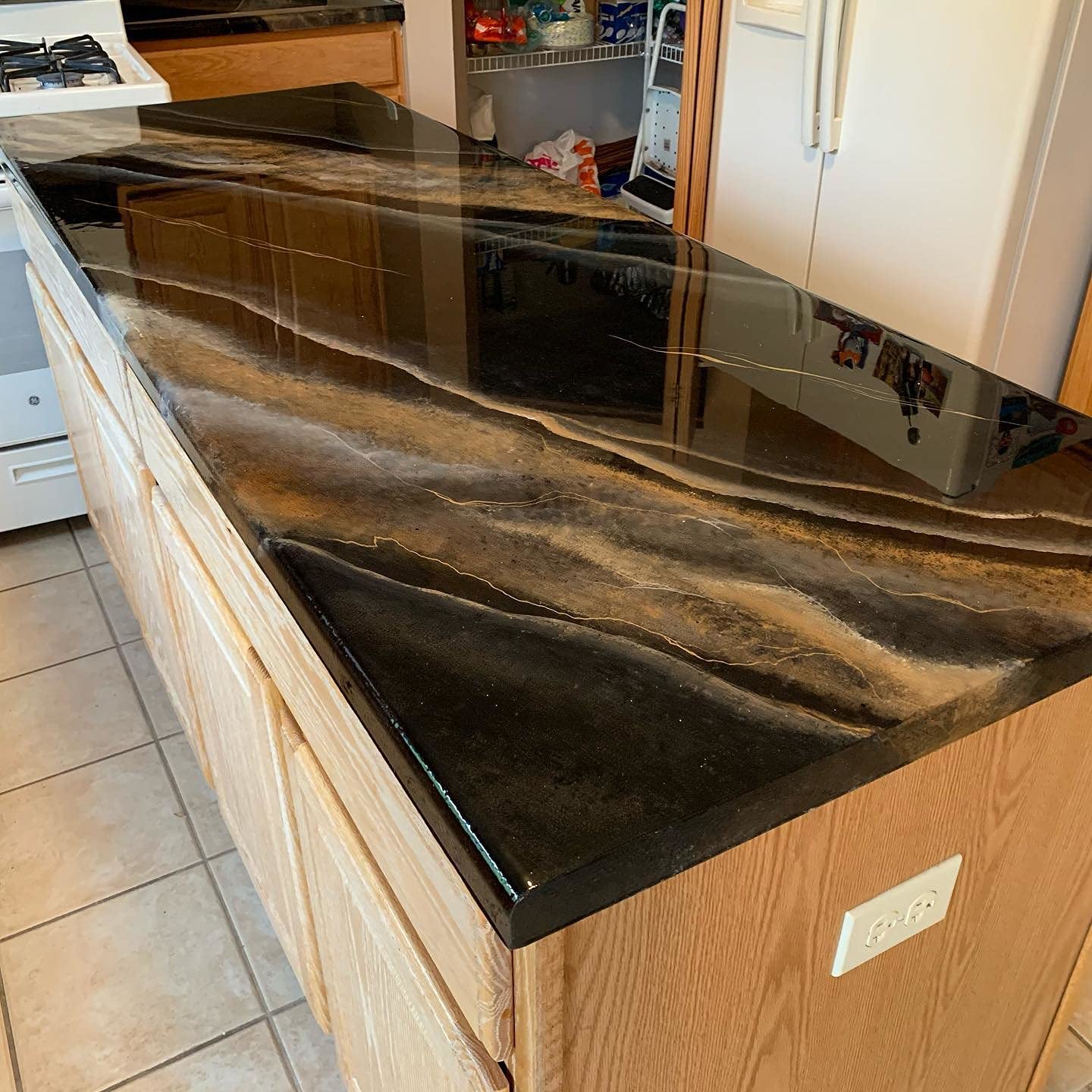
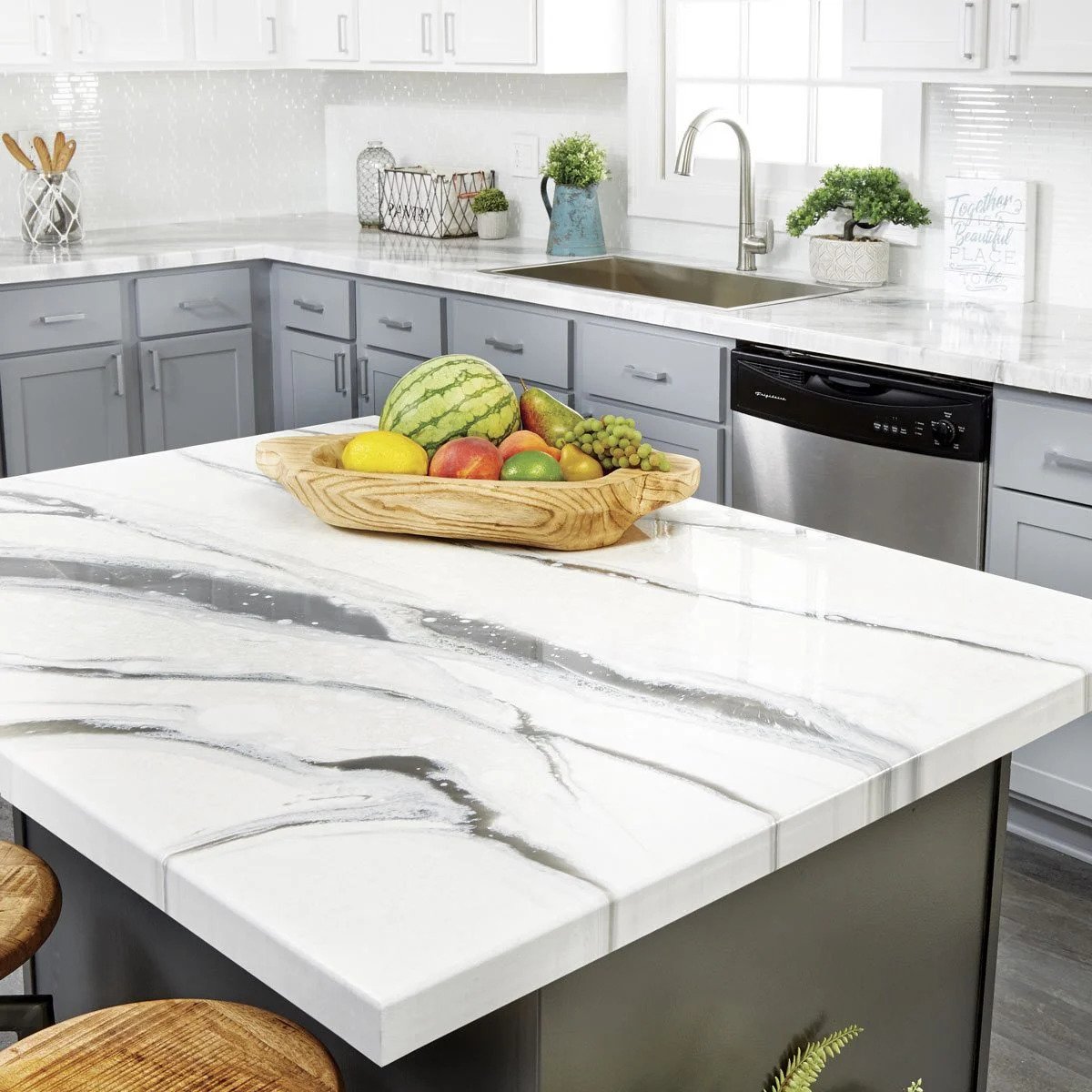
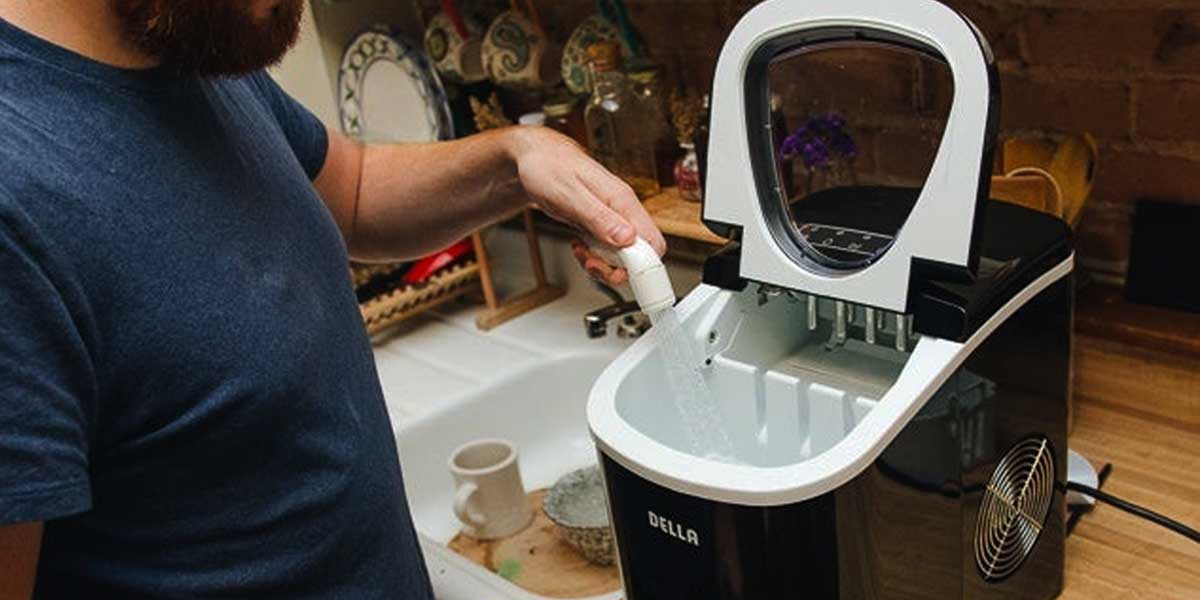
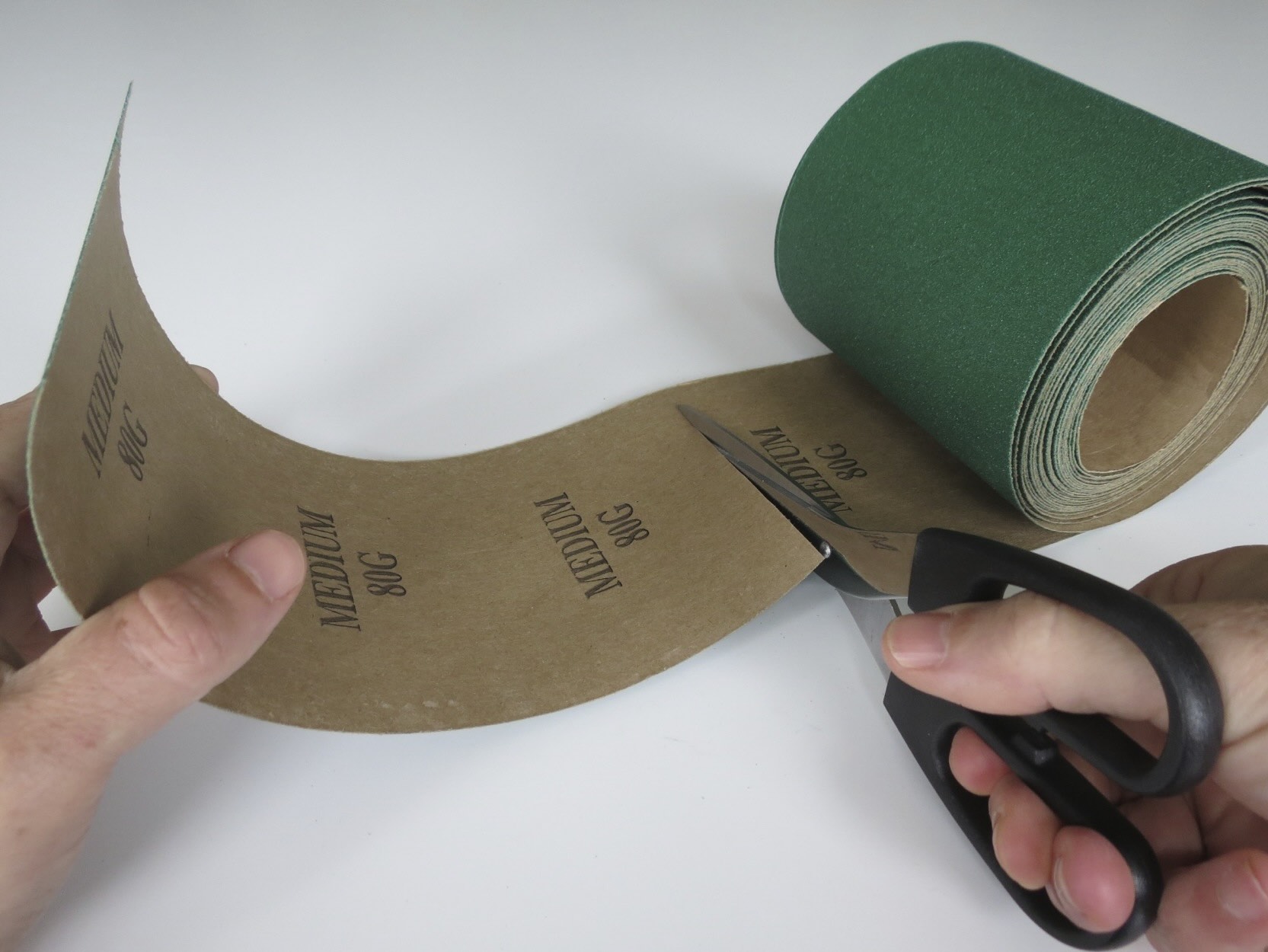
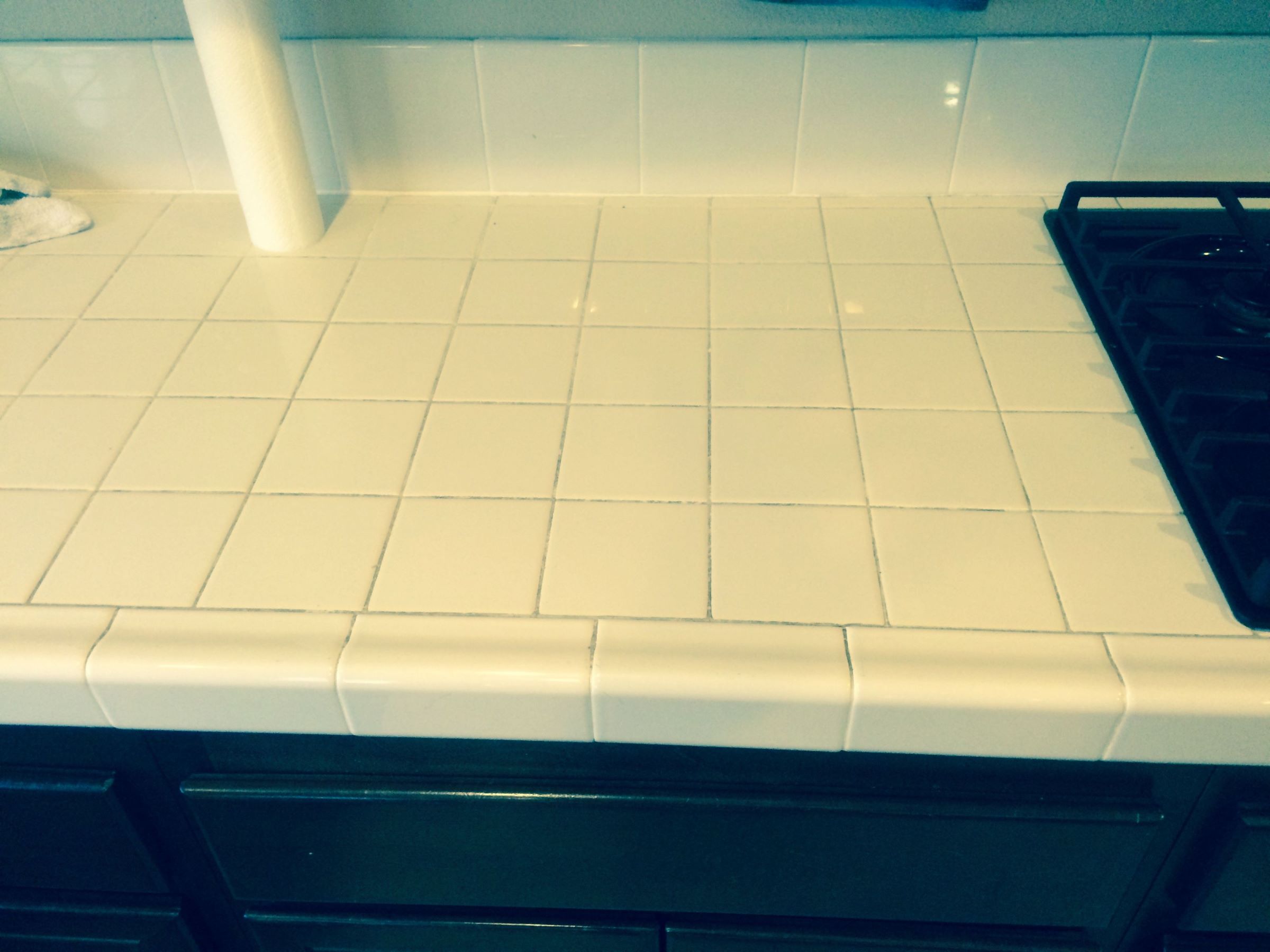
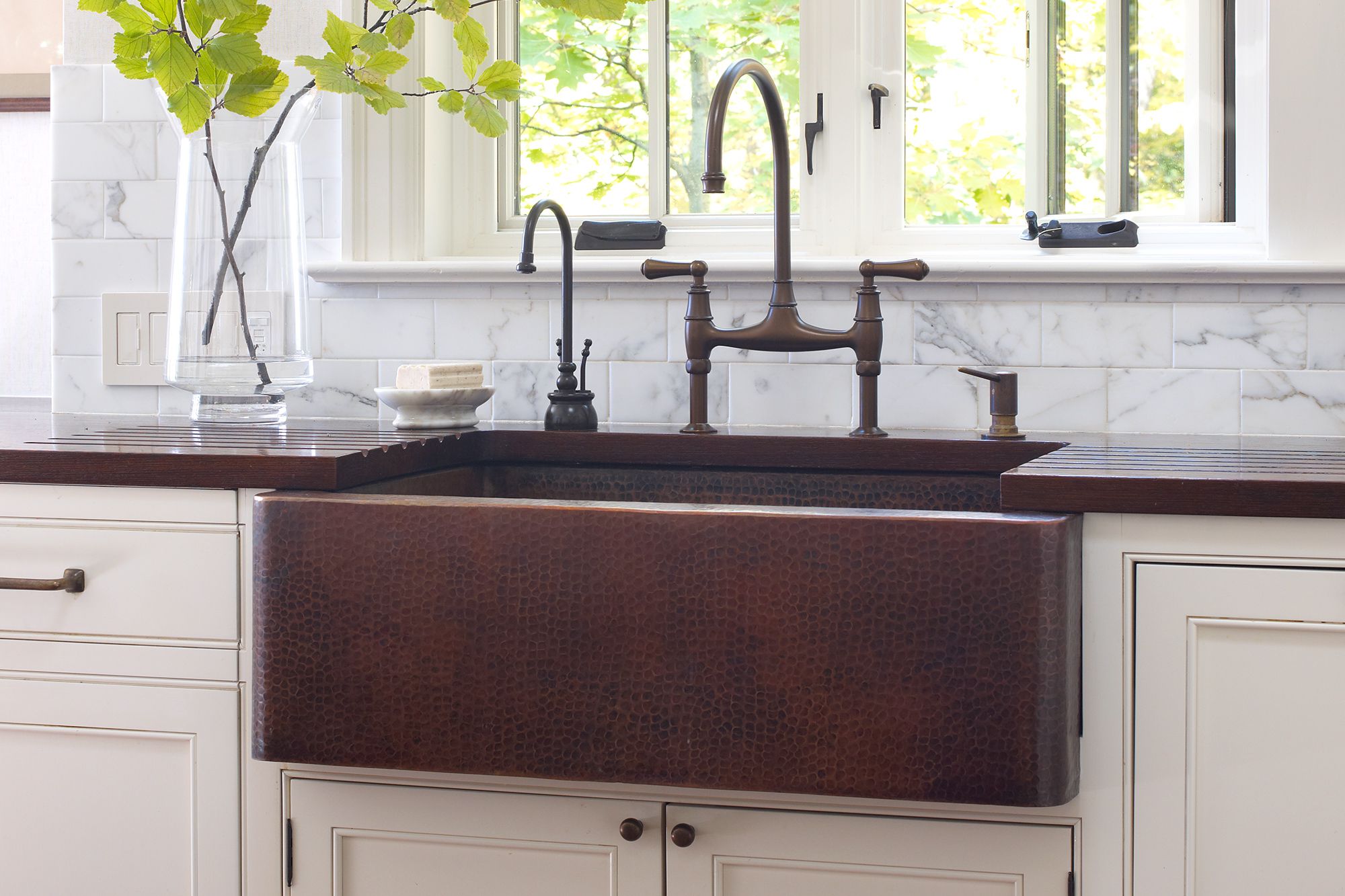
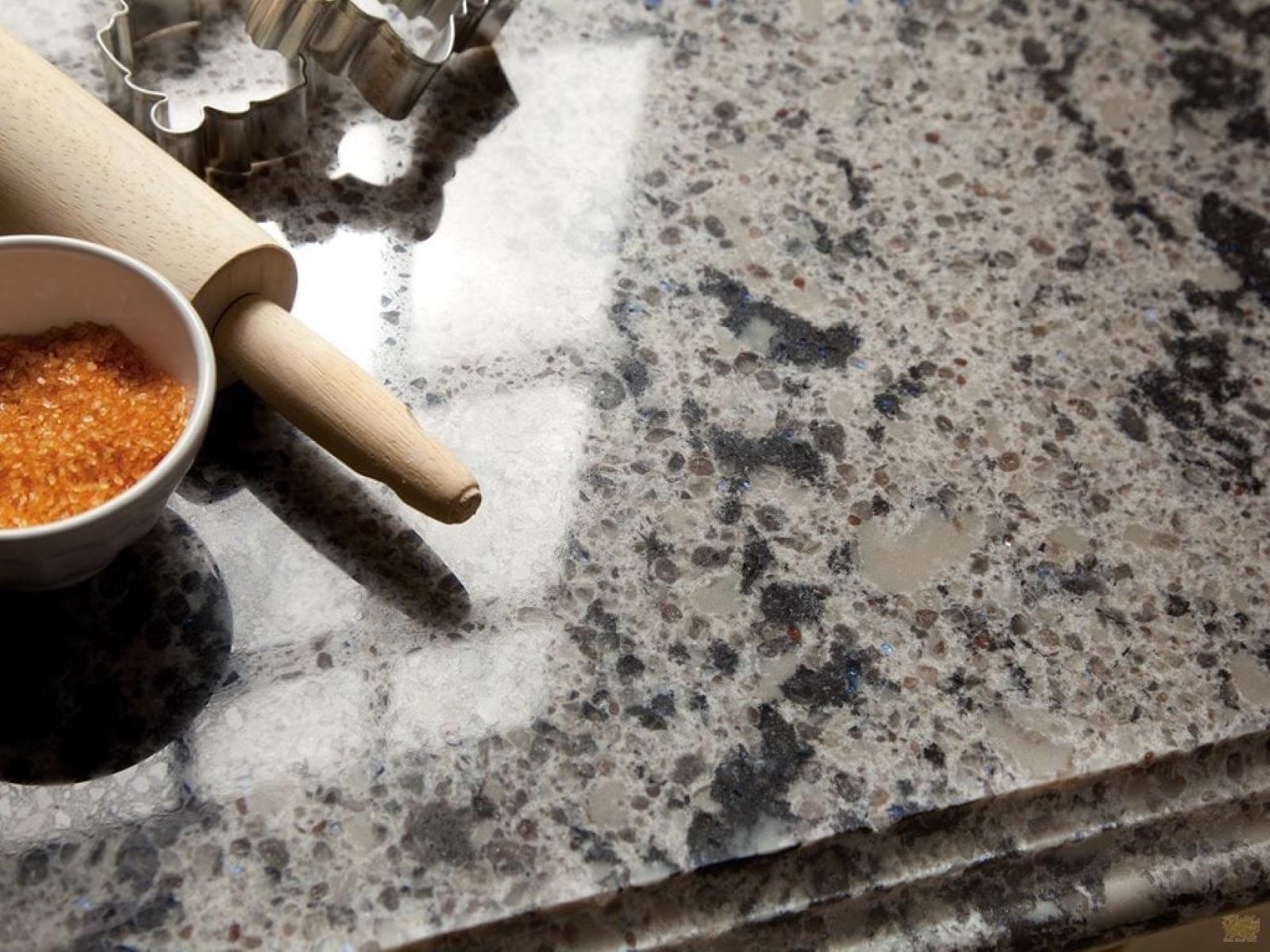
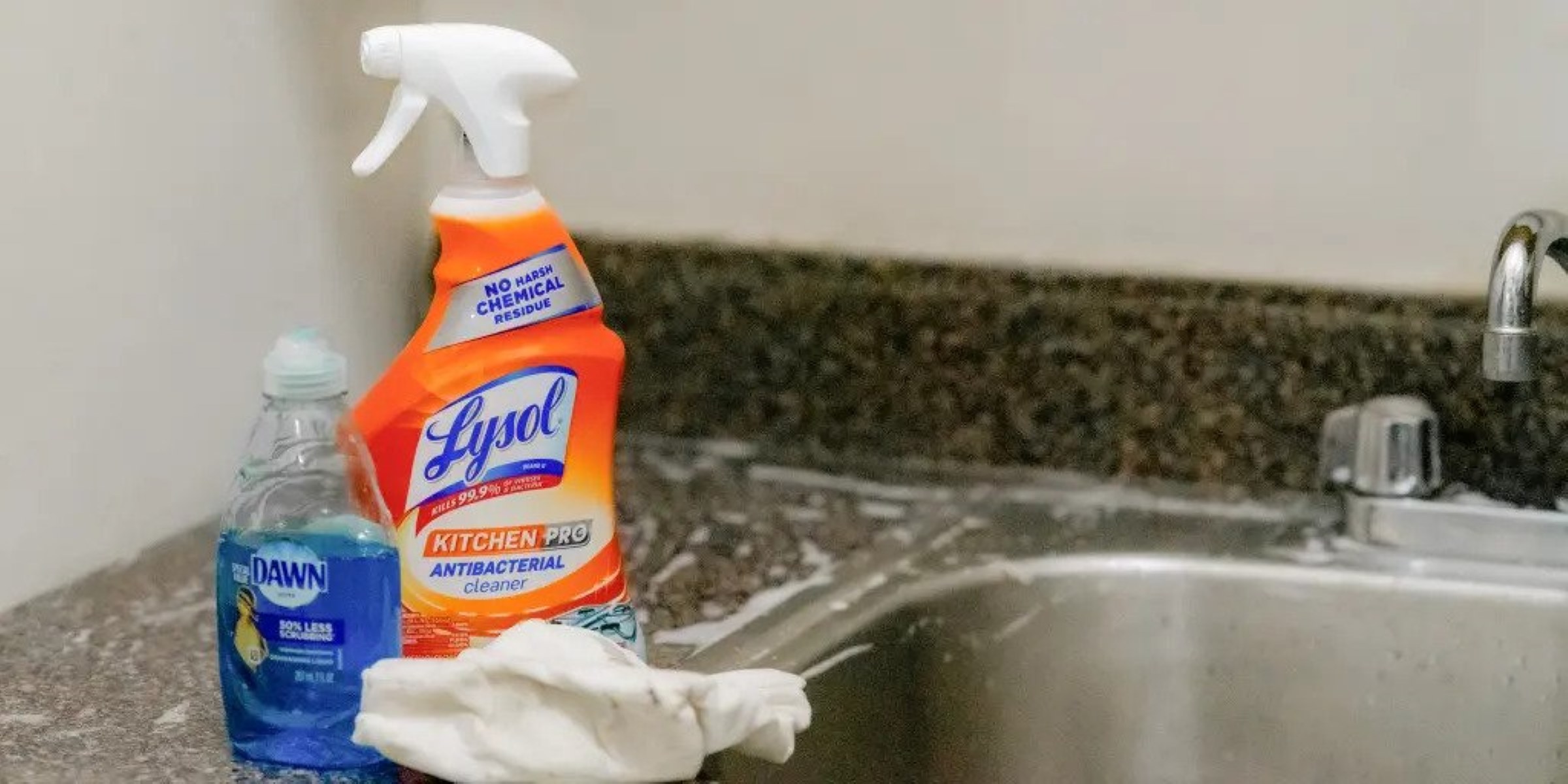


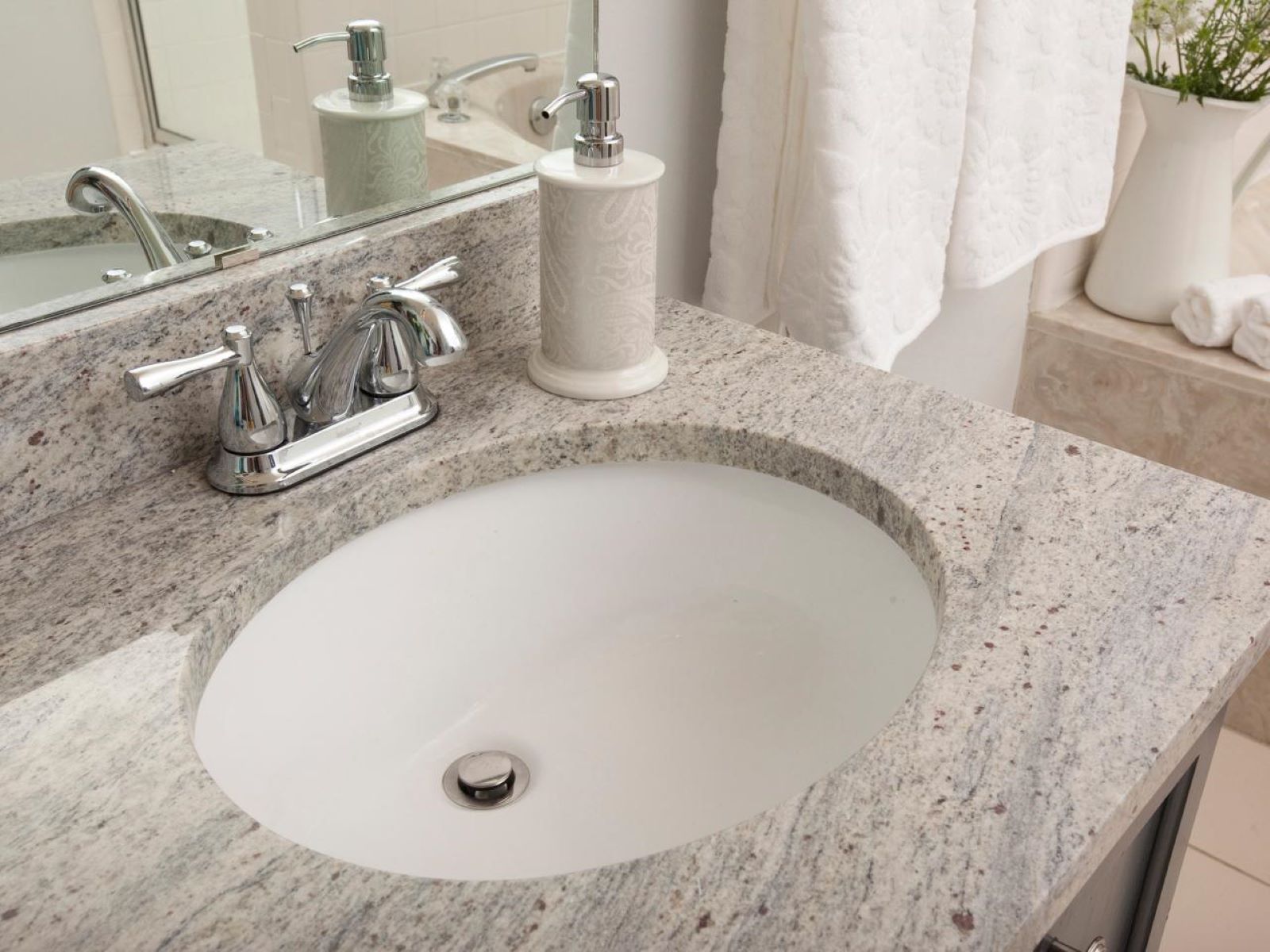

0 thoughts on “What To Clean Epoxy Countertops With”